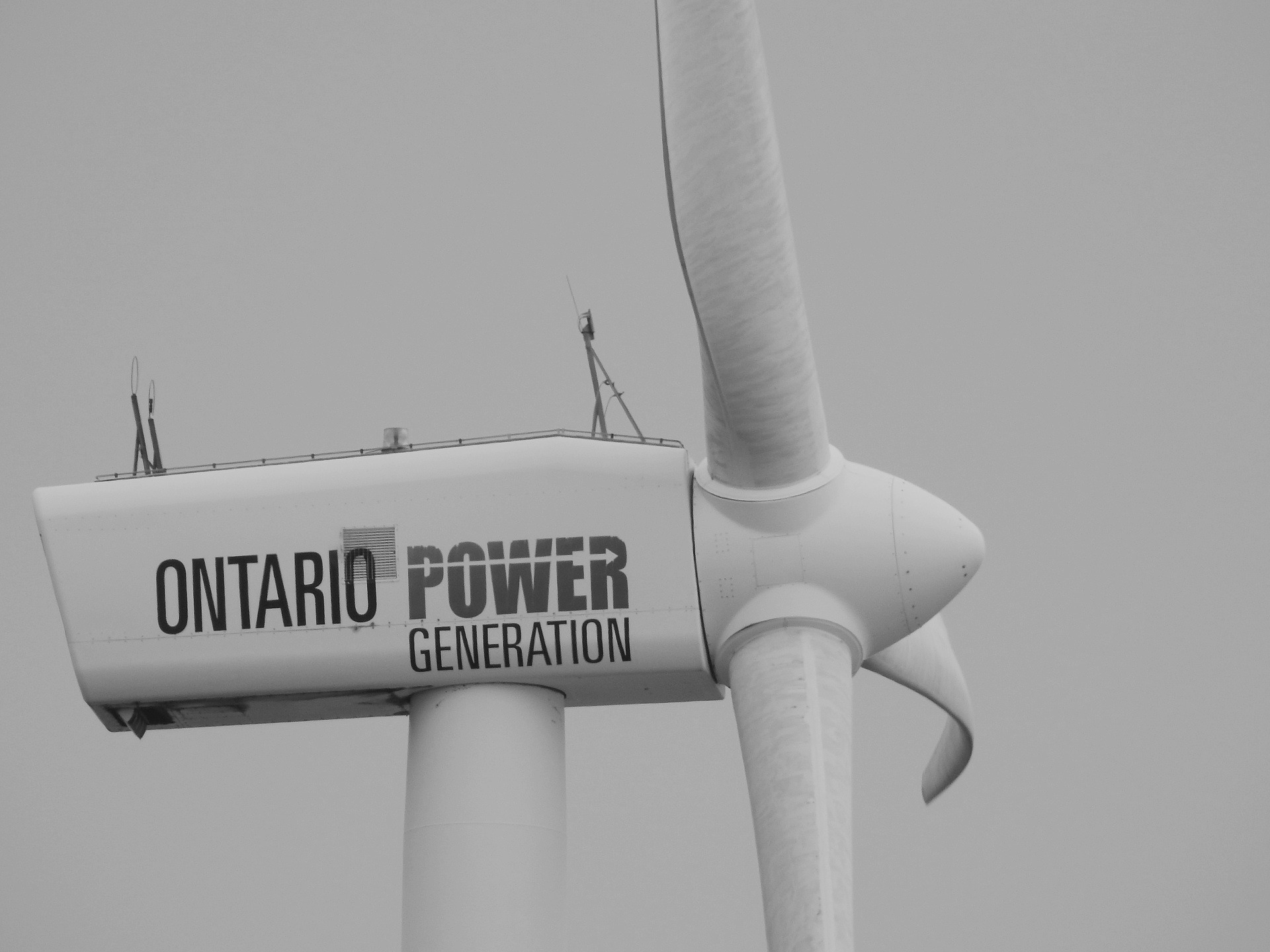Dennis Bayazitov | Assistant News Editor
Featured image: Climate change experts agree that progress was made at the conference, but there is much more work to be done.
York philosophy professor Idil Boran led an official panel at the Bonn Climate Change Conference earlier this month as a call to action for building trust and inclusiveness in non-party stakeholder engagement in global climate action.
The panel, “Marrakech Partnership: Building Trust and Inclusiveness in Non-Party Stakeholder Engagement,” was held on Saturday, May 13th in Bonn, Germany as an official side event of the UN climate change conference.
Boran organized the event in partnership with Colorado State University, collaborating with York science professor Dawn Bazely.
“[Boran] frames climate change in an ethical context, wherein human values, governance, and political processes provide the larger picture beyond scientific research,” says Bazely.
She stresses that the warnings of 1990’s climate change research are indeed already coming to pass, with ice sheets melting in Antarctica and the Arctic.
“The world’s most vulnerable are already being affected, and they will be impacted far worse than the wealthy,” she says.
“Climate change is, in truth, an ethical issue. This panel centers its solutions on this.”
The Bonn panel brought together several researchers and regional government representatives from Canada, the U.S., India, and Germany, where they all discussed the role of multi-stakeholder dialogues under the Marrakech Partnership for Global Action.
Kenneth Shockley, an associate professor of philosophy at Colorado State University, shares his own approach to his portion of the panel. “I am interested in the different ways that we understand ‘working together,’ and I wanted to impress upon the audience the importance [doing so] in a way that fosters trust among all parties,” he states.
“This collaborative approach gives a productive way of listening to other parties, working in a manner that is focused on the problem at hand, and not any individual parties’ preconceived— and therefore biased—notion of how we might solve that problem.”
Sander Chan, adjunct assistant professor at the Copernicus Institute of Sustainable Development at Utrecht University and researcher with the German Development Institute, focused on similar themes.
“I was invited to speak on a conference I organized called ‘Interconnections,’ which discussed how the 2030 Agenda for Sustainable Development and the Paris Climate Agreement are connected,” he says.
“Discussions focused on the role of state, non-state, and subnational actors, who could help deliver on both agendas.”
Although the sustainable development and climate change processes are politically separate, they contribute to the same reality.
“There is much interest in connecting climate action to sustainable developmental goals,” said Boran.
The panel participants were pleased with the headway of the Bonn panel, but all agree that more action and research is still necessary.
“Idil and I, and our colleagues involved in this work, plan to move onward with a collective, broad, and interdisciplinary research that will take us into uncomfortable places, as the solutions to climate change require difficult decisions to be made,” says Bazely.
Shockley insists further research should be pursued to look for points of synergy between the different non-state actors (states and provinces, financial actors, and NGOs) to make sense of the new international policy landscape.
Chan, meanwhile, offers a starker truth.
“We have only 45 years before our carbon budget for 1.5 degrees Celsius warming will be used up,” he comments. “Before [we] have a research project funded, conducted, and that can present final results, it’s probable that we [will have] already passed the 1.5 degrees Celsius threshold.”
“Building interfaces between decision makers and researchers is, in my view, more urgent, to bring knowledge and solutions into the decision-making space,” he adds.
Starting her sabbatical research in July, Boran will spend three months at the German Development Institute, then two more as a researcher in residence at the Centre for Excellence at Goethe University in Frankfurt/ Main to continue work on her study manuscript.
She aims to develop a political theory of climate action on a global public sphere.



the biggest contributor to human caused climate change is animal agriculture. The biggest change you can make in your life to help this issue is to become a vegan or at least avoid animal products in your life. which is very easy.
why this issue s not brought up by these experts is surprising. we can see in some countries already 5% or more of the population are vegan. hopefully they will continue to help others make the change and other forms of human caused climate change will be reduced or eliminated soon.
The rise of materialism and consumerism is not helping either. Check out Cowspiracy: The Sustainability Secret or earthlings. these films are a real eye opener.